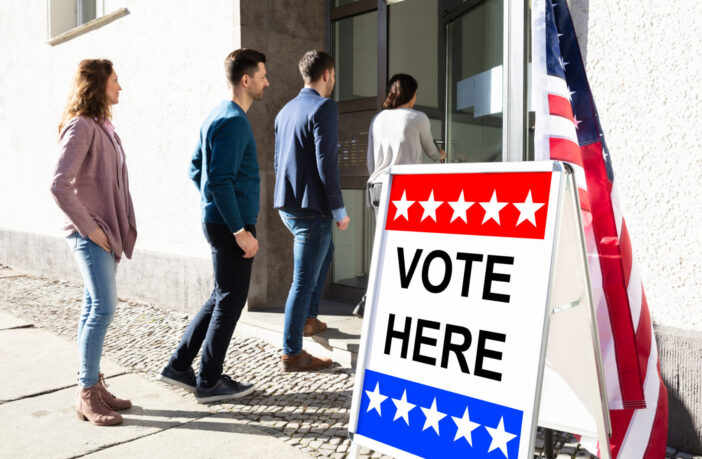The Colorado Secretary of State’s office sent out 750,000 postcards this month urging residents to register to vote. The catch? Many of the recipients are not eligible to do so. Long deceased individuals, illegal aliens, and legal noncitizens were all included in the voter outreach campaign. A similar incident occurred in Texas in 2018. The Texas Democrat Party sent out voter registration applications to noncitizens with the citizenship box already checked “Yes,” urging those who were unsure of their voter status to “mail it in.” While both parties involved deny targeting noncitizens and claim they made it “clear voters must be eligible” to register, the vague negligence suggests there is more under the surface.
Many left-wing officials claim that voter fraud is a “phantom” occurrence, and such accusations suppress voter engagement. Although, evidence is piling up to the contrary. Noncitizen voting is prohibited by law, and yet, has been encouraged by some and is quite easily accomplished.
Some endorsements of this practice have been subtle, such as giving illegal aliens driver’s licenses. This opens the door for voter registration through the Department of Motor Vehicles (DMV). The information supplied when applying for a license doubles as voter registration information, many times making the two a synonymous action. In 2019, the Texas Secretary of State found 95,000 noncitizens were registered to vote by comparing state driver’s license records to the state’s voter registration. Roughly 58,000 of them had voted in at least one Texas election. Just a few days later, Pennsylvania Gov. Tom Wolf (D) admitted that there were 11,198 noncitizens registered to vote through the DMV. In 2018, the California DMV reported that, in the span of five months, another 1,500 noncitizens were registered to vote.
While some political officials want the public to believe these are just select cases in a very rare occurrence, it is likely to be far more widespread. Not only do 15 states give illegal aliens the ability to obtain a driver’s license, but 16 states also do not require an ID to vote. This aggravates the problem of voter fraud as we have seen illustrated above. We significantly increase the risk of illegal voting by not requiring both proof of citizenship and photo ID at the time of voter registration. These two measures together would drastically improve the structural integrity of our elections.
Voter fraud is a very real common threat, and must be taken seriously by prosecutors, election officials and the American public. This is especially true in an election year where many states are encouraging or requiring mail-in voting due to COVID-19. In order to protect against future interference by ineligible voters, FAIR advocates for the federal implementation of voter ID requirements and the consistent use of USCIS’s Systematic Alien Verification for Entitlements (SAVE) program, which provides fast and secure verification of citizenship or immigration status. Such programs would be instrumental in preventing future election fraud and restoring the integrity of the voter system.




